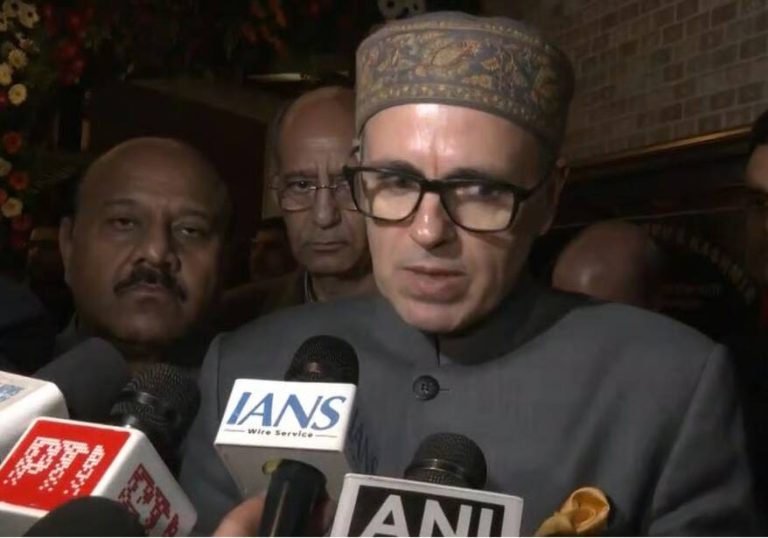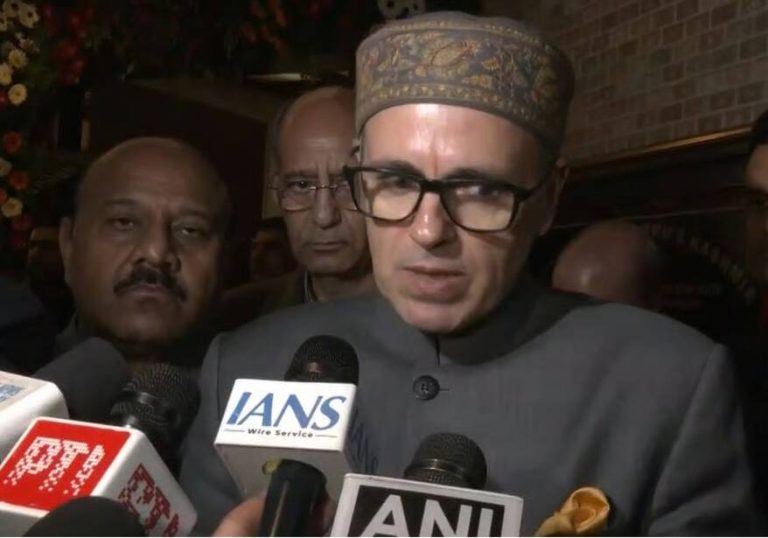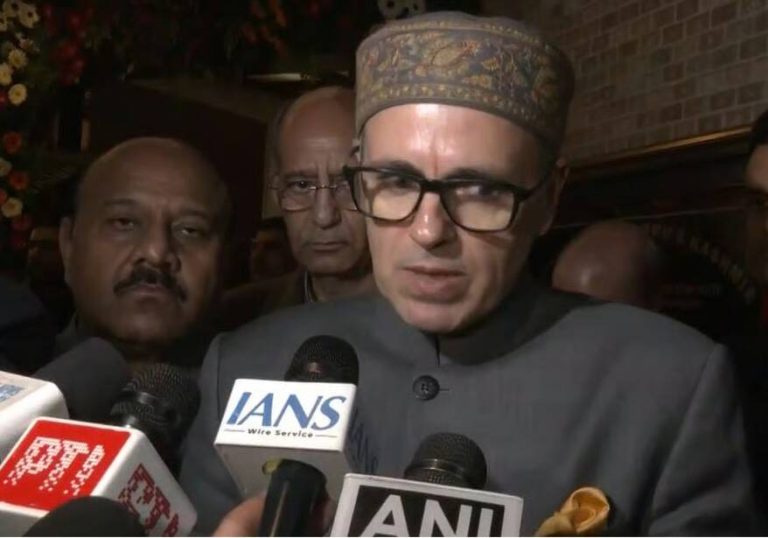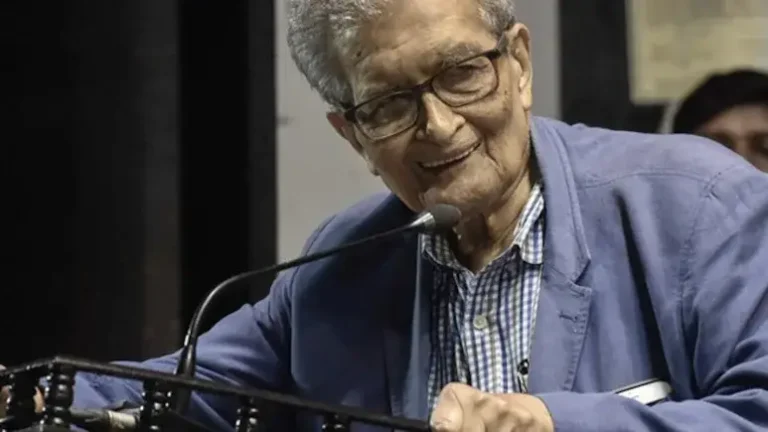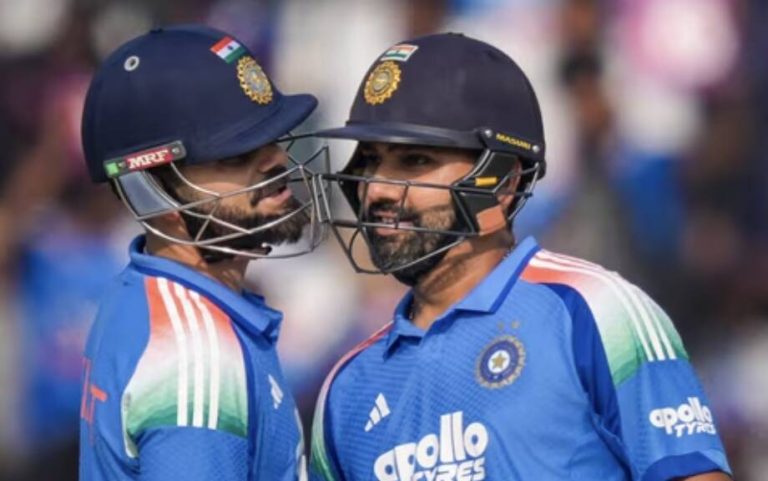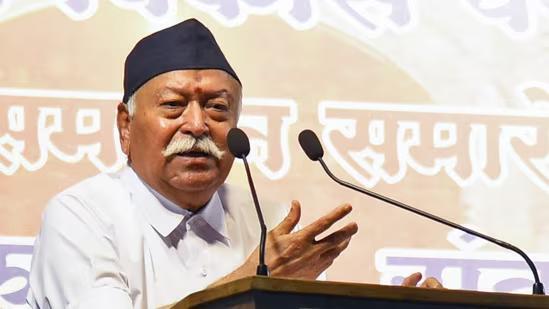
Muslims & Christians are also Hindus if they follow Indian culture: RSS chief Bhagwat
In a recent statement, Rashtriya Swayamsevak Sangh (RSS) chief Mohan Bhagwat has sparked a new debate by redefining the term “Hindu”. According to Bhagwat, anyone who takes pride in Bharat, the Indian subcontinent, can be considered a Hindu. This definition extends beyond the traditional understanding of Hinduism as a religion and encompasses people from all faiths who identify with Indian culture and traditions.
Bhagwat’s statement suggests that Muslims and Christians can also be considered Hindus if they follow Indian culture and worship the country. “If Muslims and Christians, even without giving up their worship, customs and traditions, worship this country, follow Indian culture…then they are Hindus,” he said. This definition is significant as it seeks to promote a sense of unity and shared identity among people of different faiths in India.
The RSS chief’s statement has sparked a range of reactions, with some hailing it as a progressive and inclusive definition of Hinduism, while others have criticized it as an attempt to co-opt minority communities into a Hindu-dominated narrative. However, Bhagwat’s statement must be understood in the context of the RSS’s long-standing vision of a unified Indian society, where people from all backgrounds can come together to celebrate their shared heritage.
Bhagwat also emphasized that India does not need an official label to be a ‘Hindu Rashtra’ (Hindu nation) because its civilization already reflects it. This statement is significant as it suggests that the RSS does not necessarily seek to establish a theocratic state, but rather to promote a sense of shared cultural identity among all Indians.
The idea of a Hindu Rashtra has been a topic of debate in India for many years, with some arguing that it is essential to promote a unified Indian identity, while others see it as a threat to the country’s secular fabric. However, Bhagwat’s statement suggests that the RSS’s vision of a Hindu Rashtra is not necessarily about establishing a theocratic state, but rather about promoting a sense of shared cultural identity among all Indians.
It is worth noting that the concept of Hinduism is complex and multifaceted, and cannot be reduced to a single definition or ideology. Hinduism is a diverse and inclusive faith that has evolved over thousands of years, and its adherents have always been open to new ideas and influences. By promoting a broader definition of Hinduism, Bhagwat’s statement seeks to capture the essence of this diversity and inclusivity.
In recent years, there has been a growing trend of polarization and division in Indian society, with some groups seeking to promote a narrow and exclusivist definition of Indian identity. However, Bhagwat’s statement suggests that the RSS is committed to promoting a more inclusive and pluralistic vision of Indian society, where people from all backgrounds can come together to celebrate their shared heritage.
Ultimately, the question of whether Muslims and Christians can be considered Hindus is a complex one, and depends on how one defines Hinduism. However, Bhagwat’s statement suggests that the RSS is committed to promoting a broader definition of Hinduism, one that encompasses people from all faiths who identify with Indian culture and traditions.
As India continues to evolve and grow as a nation, it is essential that we promote a sense of unity and shared identity among all citizens, regardless of their faith or background. By celebrating our shared cultural heritage and promoting a sense of inclusivity and diversity, we can build a stronger and more resilient India, where people from all backgrounds can thrive and prosper.
In conclusion, RSS chief Mohan Bhagwat’s statement has sparked a new debate about the definition of Hinduism and the concept of a Hindu Rashtra. While some may criticize his statement as an attempt to co-opt minority communities, it is essential to understand the context and intent behind his words. By promoting a broader definition of Hinduism, Bhagwat’s statement seeks to capture the essence of India’s diversity and inclusivity, and to promote a sense of unity and shared identity among all citizens.
